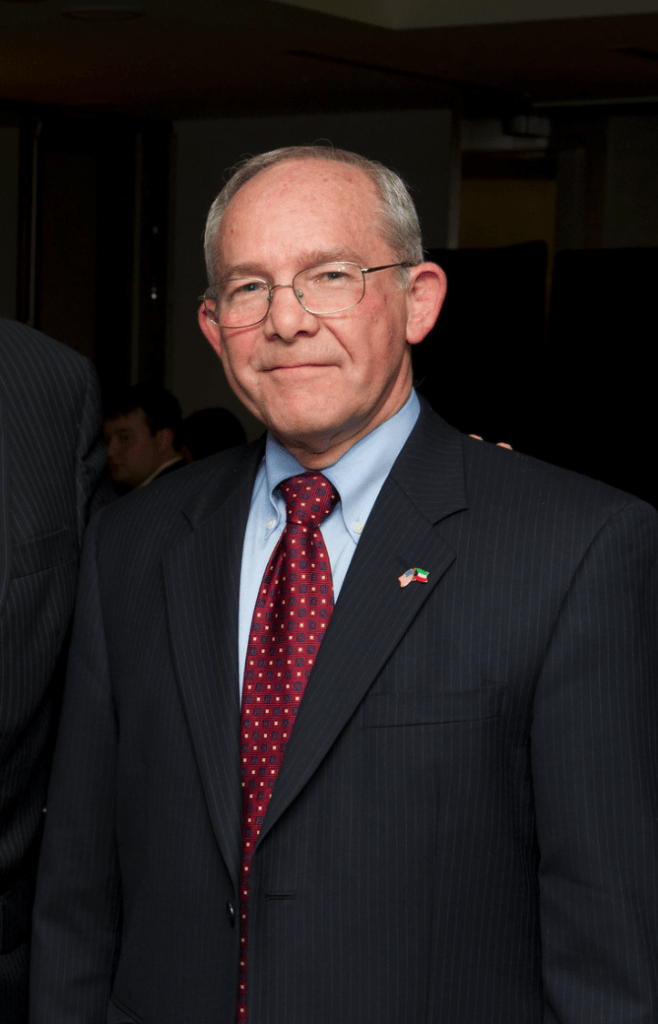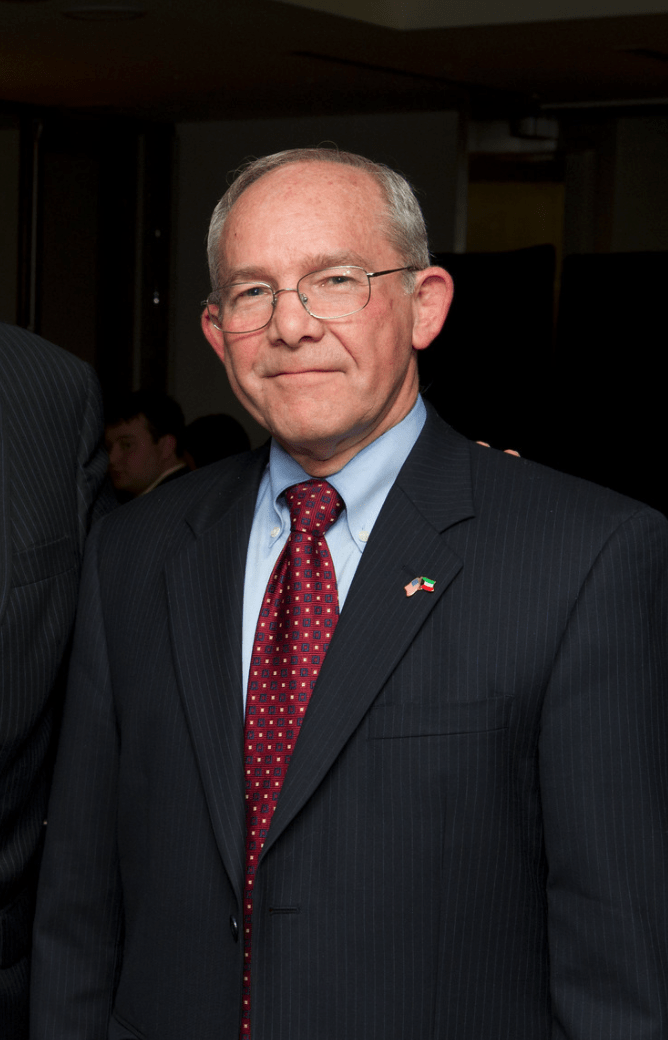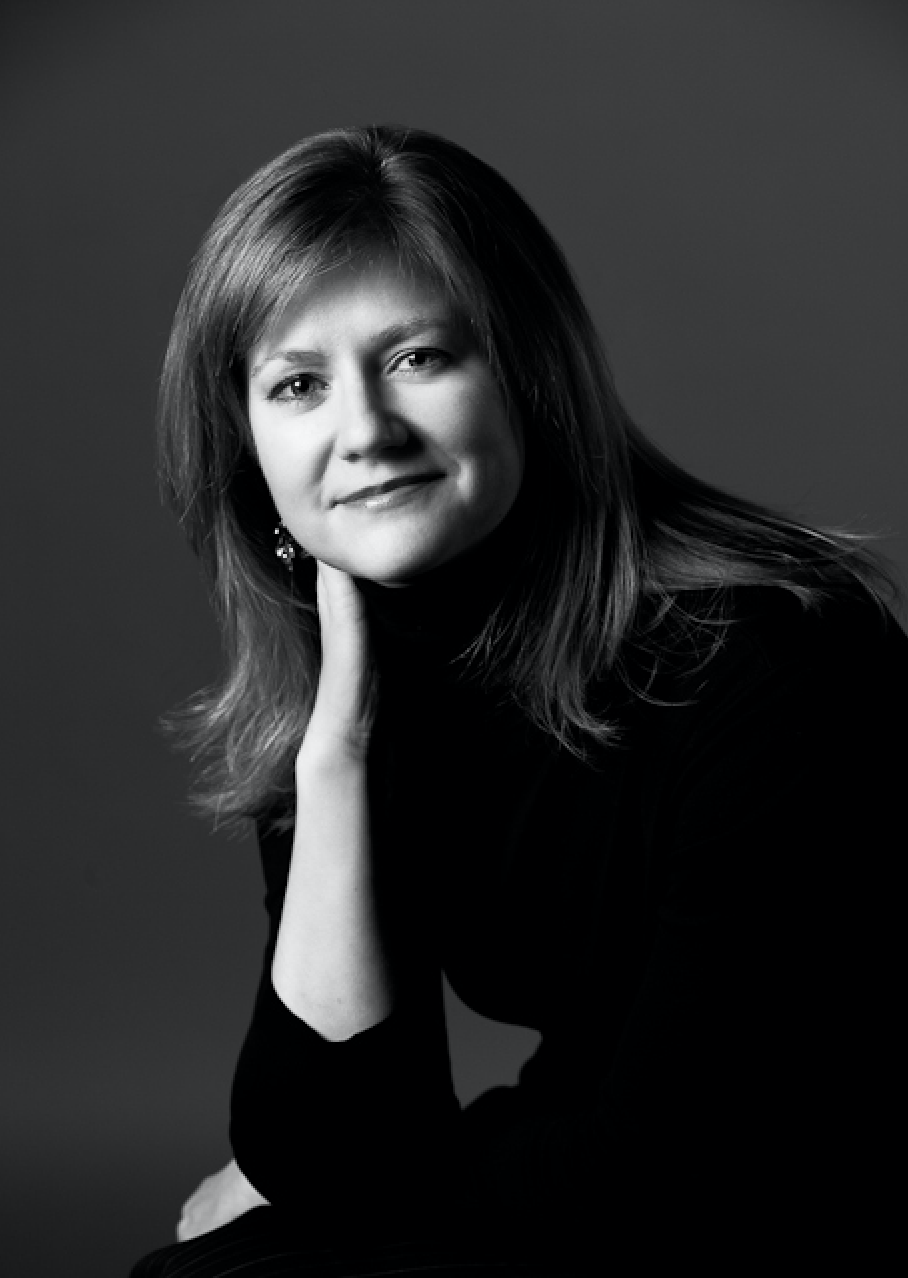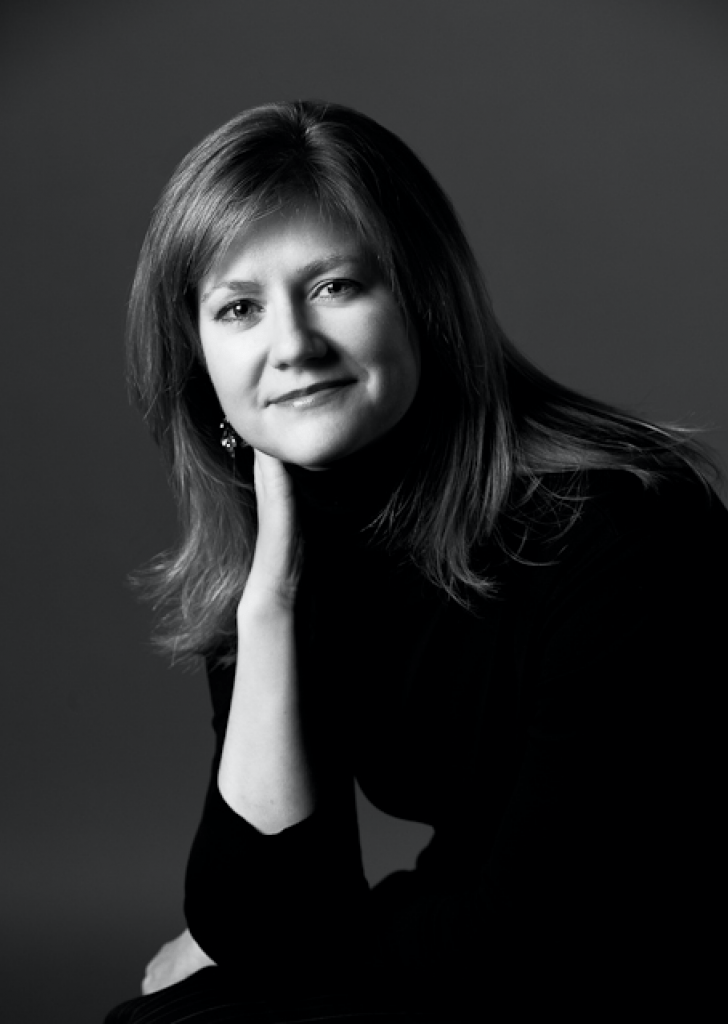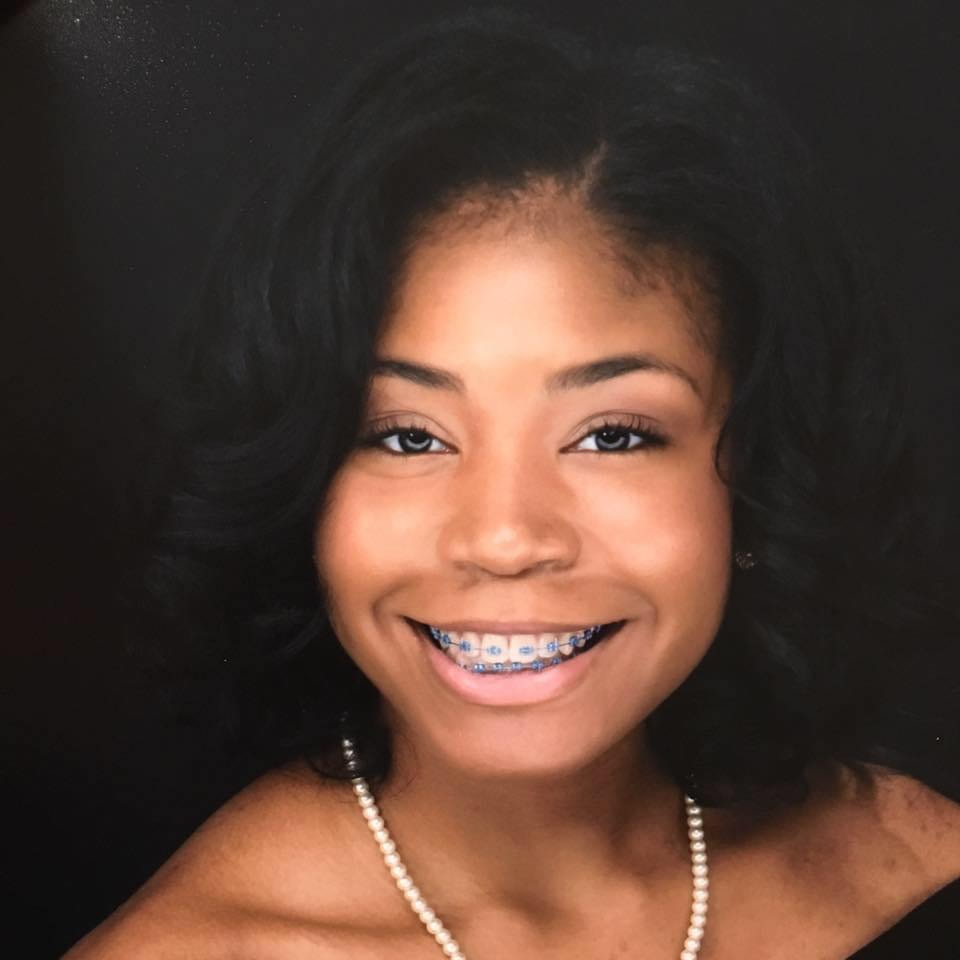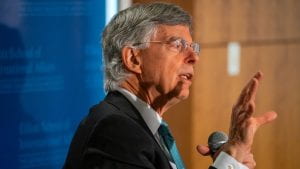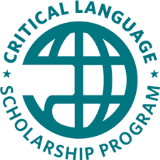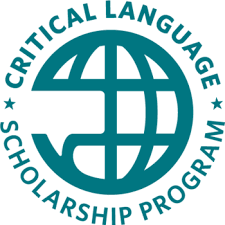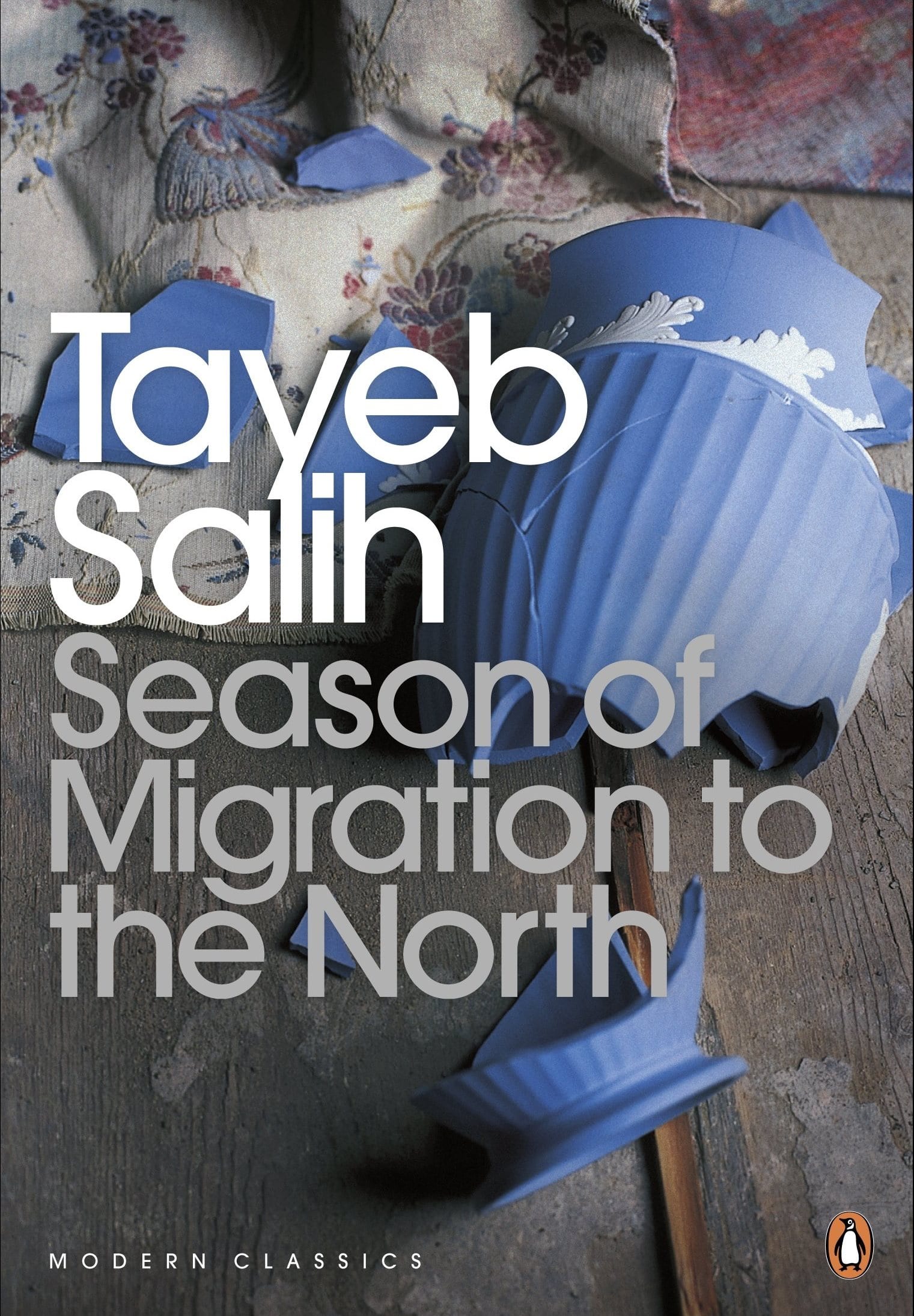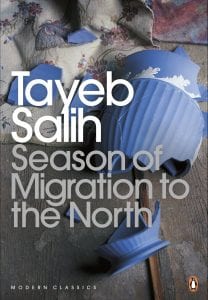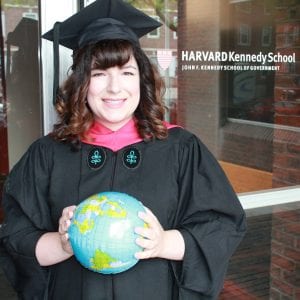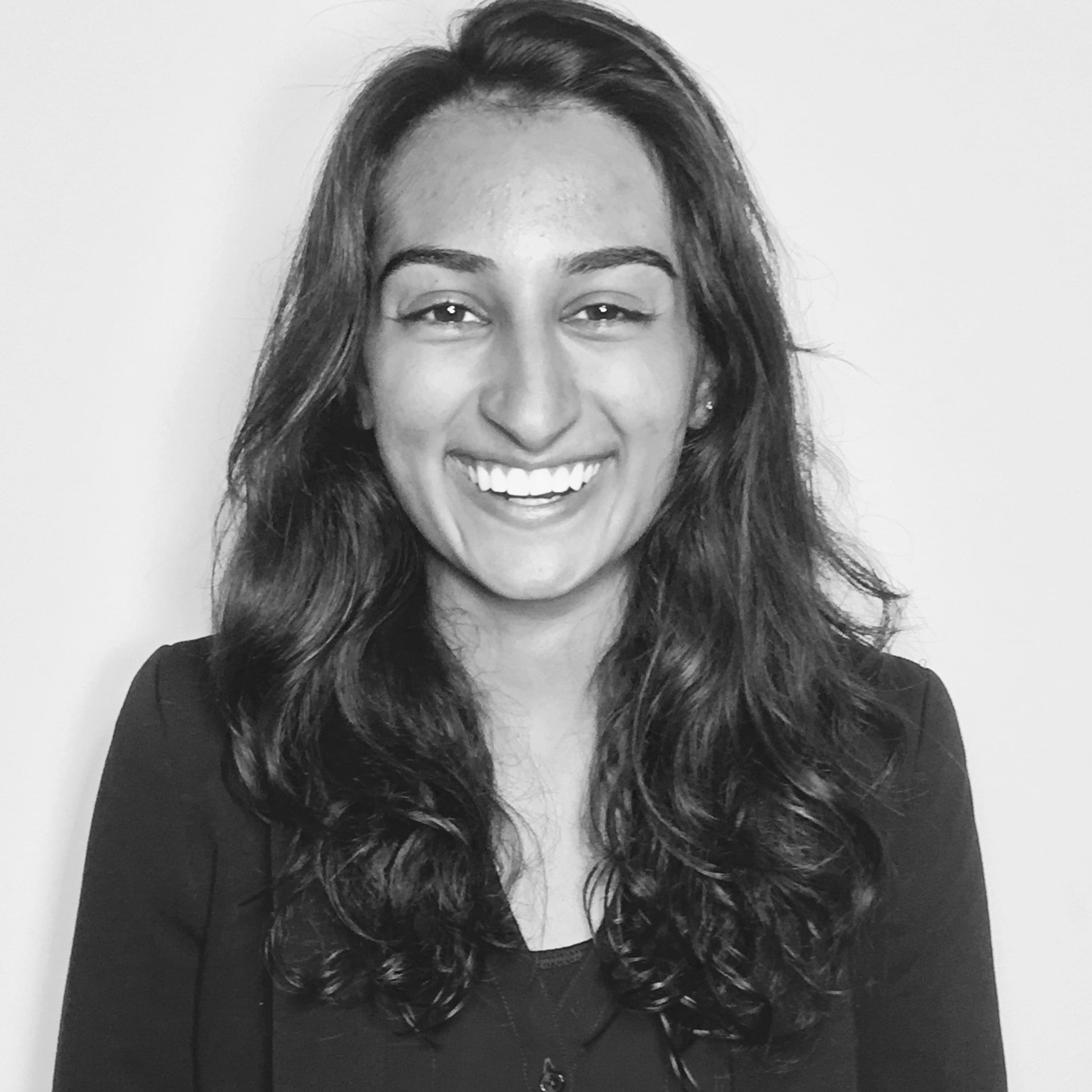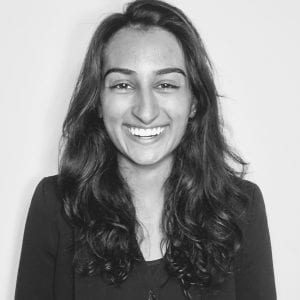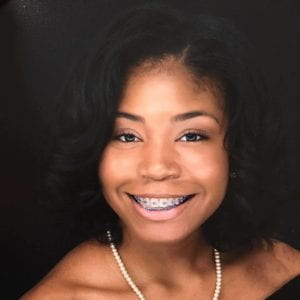
Young Black Professionals in International Affairs (YBPIA) is a new and promising student organization committed to enhancing African and African diaspora perspectives, conversation, participation, and scholarship in the field of international relations through mentorship, networking, awareness, and on and off campus events. Read the exclusive interview with Elliott School sophomore and founder, Hannah Jackson.
What made you want to start a student org for young black professionals in IA?
I am a strong believer in the affirming power of representation. Far too often, communities of color, particularly those in the black community, don’t see enough people who look like them in the careers that they aspire to. That reality is glaringly true within the field of international affairs. Only 6 percent of the Elliott student population are black students, and according to Foreign Policy Magazine, only 8 percent of International Relations scholars are black. With so few represented, it can be very easy to internalize the stereotypical representations that are being presented to you.
The goal of YBPIA is to affirm, value, and amplify the voices and concerns of black students in the Elliott School of International Affairs on and off campus, as well as strengthen and encourage one another in what can be an alienating field. We are committed to providing a supportive, enriching environment for fostering an intellectual community and facilitating the development of both African and African diaspora studies and thought.
Our target membership is any student in the Elliott School of International Affairs who is passionate about the purposeful inclusion of African and African perspectives in and outside of the classroom, and who is interested in improving the overall experience for Black students in the Elliott School and upending the current paradigm of who can and cannot excel in the field. This includes not only Black students and young professionals, but other marginalized communities within the field such as that of the Latinx, Middle Eastern, and Asian communities.
What has the interest level been in the organization so far? It’s new, so I realize it is just getting off the ground.
YBPIA was officially registered as a student organization in July 2020, and I have been gratifyingly overwhelmed by the amount of support that we have received from African and African Diaspora undergraduate and graduate students, as well as alumni. In addition, we’ve received support via social media promotion by other student organizations and various schools and departments within the university.
Have you always been an “organizer,” even in high school?
I would not say that I have always been an “organizer,” per se, but I have always been a leader in both my school and community. I was very active in high school as a Student Ambassador, an active member on the Student Diversity Leadership Council, a general Officer of Model United Nations, an Advocacy Director and Vice President of Girl Up United Nations, and a member of the Rho Kappa Social Studies National Honor Society.
However, the most rewarding way that I have made a difference in my community is through the non-profit I started in 2018. I decided to channel my passion for human rights to a nearby community in Clarkston, GA. Clarkston is known as one of the most diverse communities per square mile in the US and is home to thousands of refugees speaking over 60 different languages. I chose to mentor and tutor refugee girls through an after-school program I founded, Because I Am A Girl Inc. Through this program, I had the opportunity to encourage and empower the girls academically and socially, through tutoring, field trips in the community, and mentorship. I received a $1,000 grant from Gas South to jumpstart my project.
Using the same leadership skills I learned in high school, I became the Freshman representative of Girl Up GW and was Vice President of Girl Up GW by my second semester. I also had the opportunity to become an active member of the Elliott School Council on Diversity and Inclusion as a freshman, and I am now on the Leadership, Ethics, and Practice (LEAP) Initiative Student Advisory Council.
What kinds of activities do you hope the student org will engage in?
Young Black Professionals in International Affairs will engage in professional, academic, and community events. We are co-sponsoring two events in the month of September, both on September 23: one with GWU Sigma Iota Rho and the GW Institute for African Studies on “Decolonizing the Narrative of Africa”; and the second with Elliott School Alumni Programs, Columbian College Alumni Programs, GW Athletics, and the LEAP Initiative on sports diplomacy titled, “Sports, Ethics, and Black Lives Matter.”
Anything else you would like to add?
In the words of Ambassador Bonnie Jenkins, “if policy is being made in Africa, the Middle East, or in Asia and people from that region or culture are not present in the room, I do not see how that policy wouldn’t be enriched with their perspective.” The field of international affairs can only progress further with the acceptance and understanding of those who might bring new viewpoints into the field’s lexicon.
If you are interested in learning more about YBPIA or getting involved, please reach out to us at ybpia@gwu.edu and check our Linktree for more information, https://linktr.ee/gwuybpia!
